Credit Cards (US)
Learn what a secured card is, how they work and what they can do for you!
A secured credit card can help you rebuild or establish your credit history. Learn more about how they work, eligibility requirements, and benefits here.
Advertisement
If you need to get your finances back on track, a secured credit card might be the way to do it. See why!

You’ve probably heard the term “secured card” tossed around quite a few times. But have you ever wondered what a secured card is exactly?
In this article, we’ll explore the meaning behind the name. Plus, we’ll tell you how a secured card works, how to choose the best one, and what they can do for your finances.
So stick around and keep reading to learn what a secured credit card is and why it’s one of the best options when it comes to building or repairing a damaged credit score.
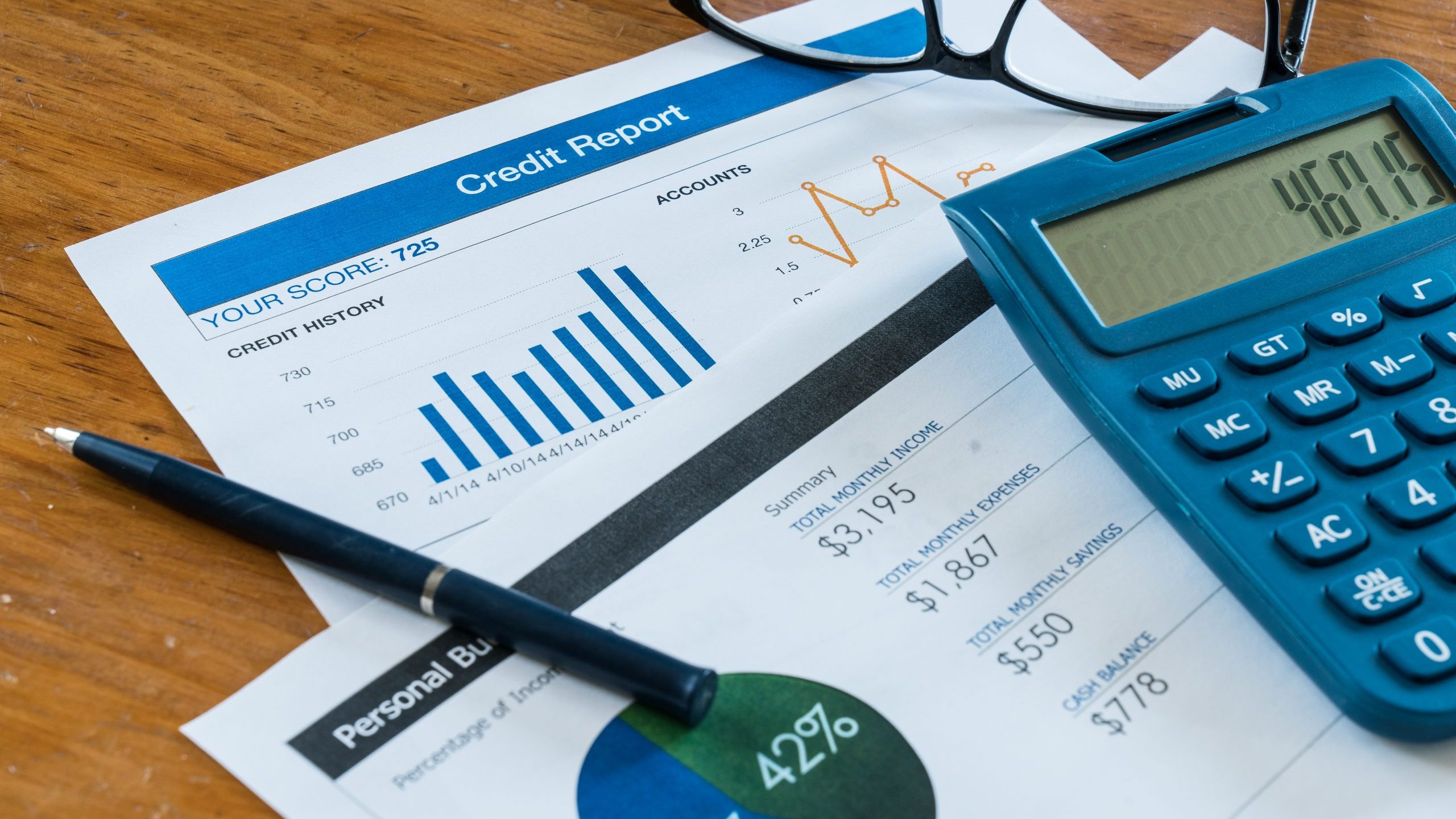
Hard and soft credit check: what is the difference
An easy-to-understand explanation of what is a hard and soft credit check means. Learn how they differ, why you might be asked for one, and who uses them.
What is a secured card, and how does it work?

A secured credit card is a type of credit card that is backed by a deposit that you make with the credit card issuer.
The deposit acts as collateral for the credit card, which means that if you don’t make your payments, the issuer can keep your deposit.
Secured cards are typically easier to get than unsecured cards, but they often come with higher interest rates and fees.
When you use a secured card, you’ll generally need to make a security deposit of at least $200, although some issuers may require more.
The amount of your deposit will become your credit limit. For example, if you deposit $500, you’ll be able to spend up to that amount on your card.
Secured cards can help you build or rebuild your credit history by reporting your activity to the major credit bureaus.
If you use your card responsibly and make your payments on time, you can eventually transition to an unsecured card with a higher credit limit.
Check if you are pre-approved for credit cards and loans with no impact to your credit score
You will be redirected to another website
You’ll receive messages for less than 1 week, with a maximum of 1 message per day. You can unsubscribe anytime by replying STOP. By submitting this form, I confirm that I am 18+ years old and agree to the Privacy Policy and Terms and Conditions. I also provide my signature, giving express consent to receive informational messages via automated emails, SMS, MMS text messages, and other forms of communication. Message frequency may vary as part of our good-faith effort to respond to your inquiry. Message and data rates may apply. Text STOP to cancel. I understand that my consent to receive communications is not a condition of purchase and that I may revoke my consent at any time.
Why do security cards usually have higher fees?
If you’re shopping for a credit card, you may have noticed that secured cards often have higher fees than other types of cards. So what’s the deal? Why do secured cards have higher fees?
The answer has to do with risk. Secured cards are a lot like unsecured cards, but they require a security deposit in order to open an account.
That deposit acts as collateral in case you default on your payments. Because there’s less risk for the issuer, secured cards typically have lower interest rates than unsecured cards.
However, secured cards also tend to have higher fees. That’s because issuers know that people who are looking for secured cards are often doing so because they have bad credit.
As a result, issuers see secured cardholders as a higher risk and charge accordingly.
What are the advantages and disadvantages of owning a secured card?
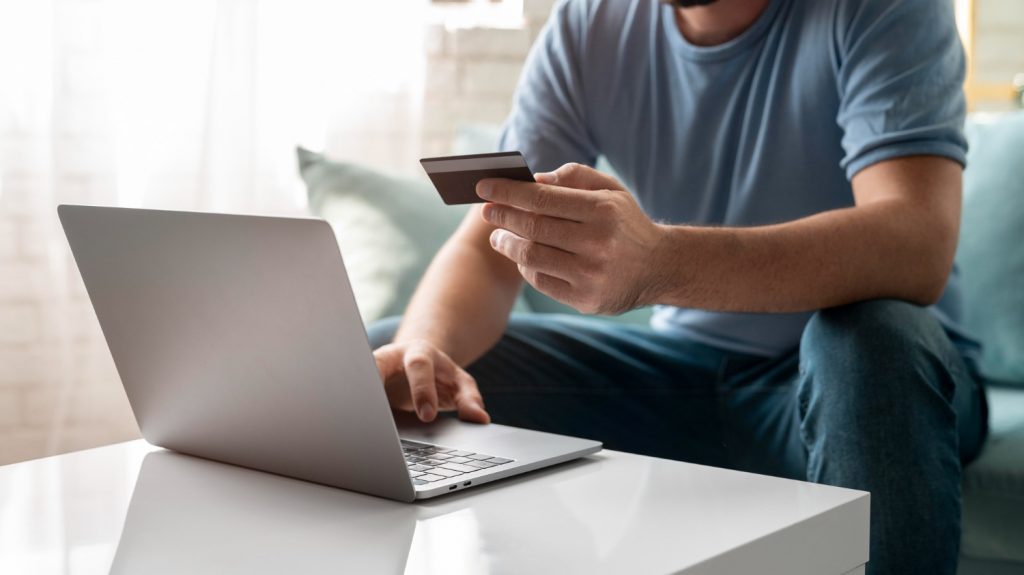
Overall, secured cards have both advantages and disadvantages. However, if used correctly, they can be a useful tool for building or improving your credit score.
Just be sure to carefully consider the costs and benefits before deciding whether or not a secured card is right for you.
Secured cards are often used by people who are just starting out with credit cards or who have poor credit scores.
One advantage of secured cards is that they can help you to build or improve your Credit Score. Because secured cards require a security deposit, they are also less risky for issuers.
This means that you may be able to qualify for a secured card even if you have bad credit.
Another advantage of secured cards is that they typically have lower interest rates than unsecured cards.
And finally, secured cards can help you to develop good credit habits by teaching you how to use credit responsibly. However, secured cards also have some disadvantages.
For example, because secured cards require a security deposit, they can be expensive to get started with. Additionally, secured cards typically have higher fees than unsecured cards.
Finally, although secured cards can help you to build or improve your credit score, it will take time and effort to do so.
How to choose a good secured credit card?
A secured credit card can be a great way to help improve your credit score. But how do you know if a secured card is right for you? Here are a few things to consider:
First, secured cards require a deposit, which acts as collateral in case you don’t pay your bill. This means that if you decide to cancel your card, you’ll lose your deposit.
So, it’s important to make sure you’re really ready to commit to using a secured card before you apply.
Second, secured cards usually have lower credit limits than unsecured cards. This can be good or bad, depending on how you plan to use your card.
If you only need a small line of credit, then a secured card may be a good option. But if you’re looking for a card with a higher limit, then an unsecured card may be better.
Third, secured cards often come with high interest rates and fees. So, if you carry a balance on your card, you could end up paying a lot in interest charges.
Be sure to read the terms and conditions of any secured card before you apply. That way, you’ll know what fees and rates to expect.
Fourth, secured cards can help you build credit – but only if you use them responsibly. That means making all of your payments on time and keeping your balance low.
If you do that, then a secured card can be an excellent tool for improving your credit score. Just make sure you choose the right card for your needs and use it wisely!
Get into excellent credit scores range: tips and tricks!
If your credit score could use a little boost, we can help you out. Your score is one of the most important numbers in your financial life.
It can determine whether you’ll get approved for loans and credit cards, up to mortgages, and even affect your ability to purchase a few items.
Check the link below for a few useful tips on how to increase your score and get to the excellent score range. With patience and a bit of hard work, you’ll get there in no time!
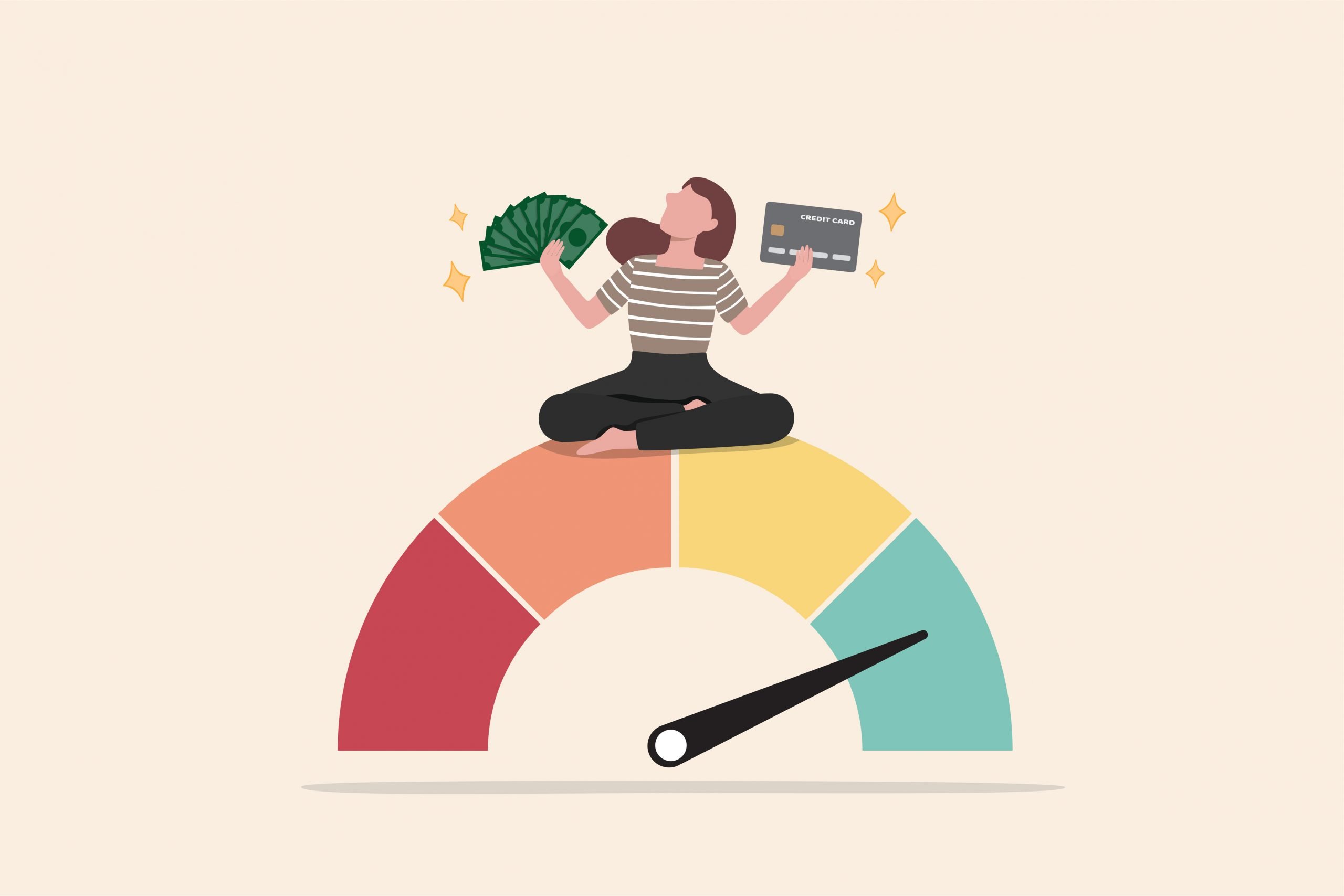
Excellent credit scores range: tips and tricks!
In this post, we'll outline some tips to help you boost your credit rating and get into the excellent range. Stay tuned!
Trending Topics

Series that will return in 2023 streaming services
Wondering what new series to watch next? Check out our list of series that will return in 2023! Includes both old and new favorites.
Keep Reading
Top 5 easiest sports to play: find the right one for you
Looking for a sport to play? Here are the top 5 easiest sports that you can easily learn and get started with.
Keep Reading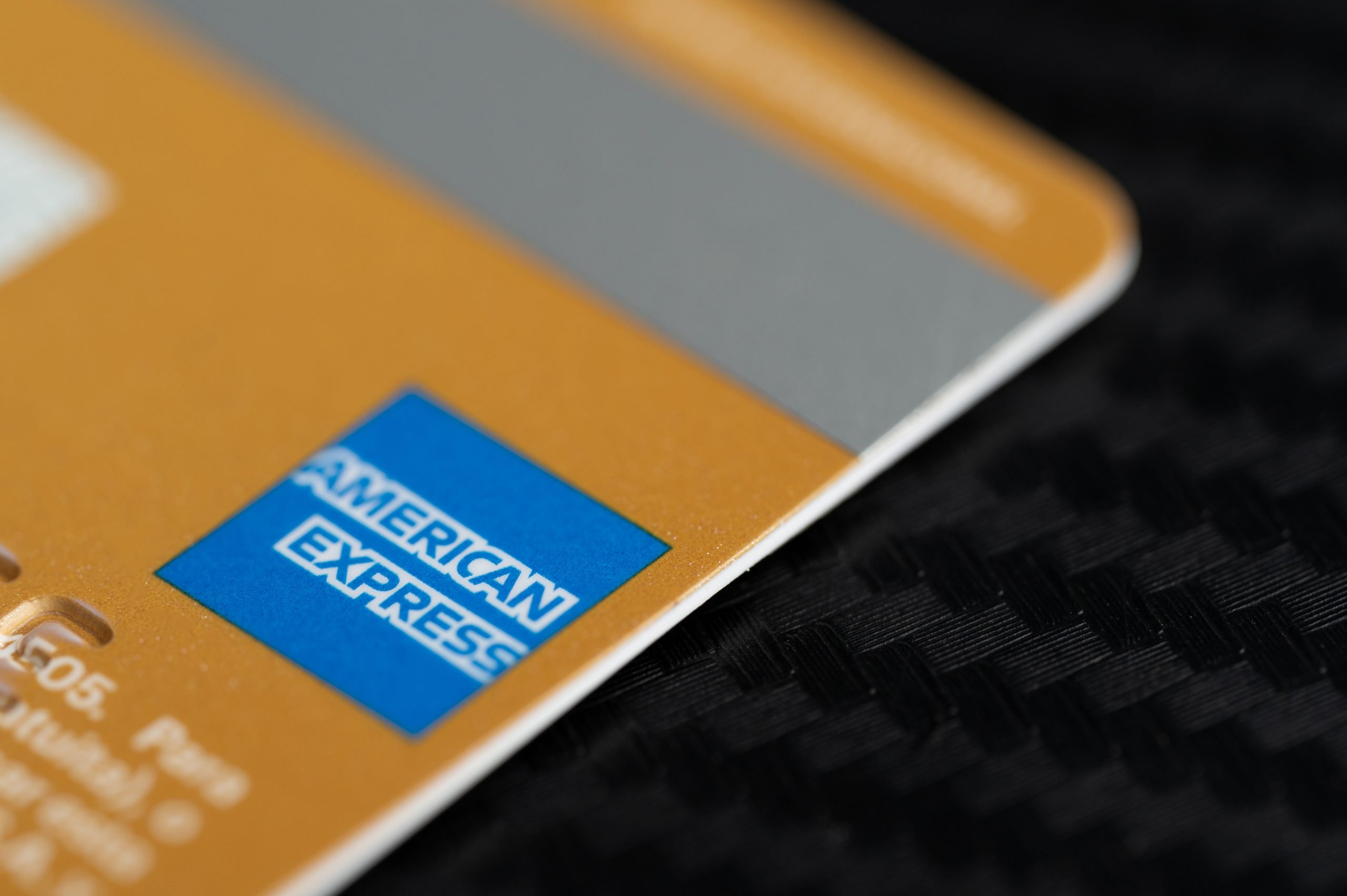
Pre-approval for American Express: Unlock Exclusive Benefits!
Your path to premium credit! You can boost your chances for pre-approval for an American Express credit card and enjoy exclusive benefits!
Keep ReadingYou may also like
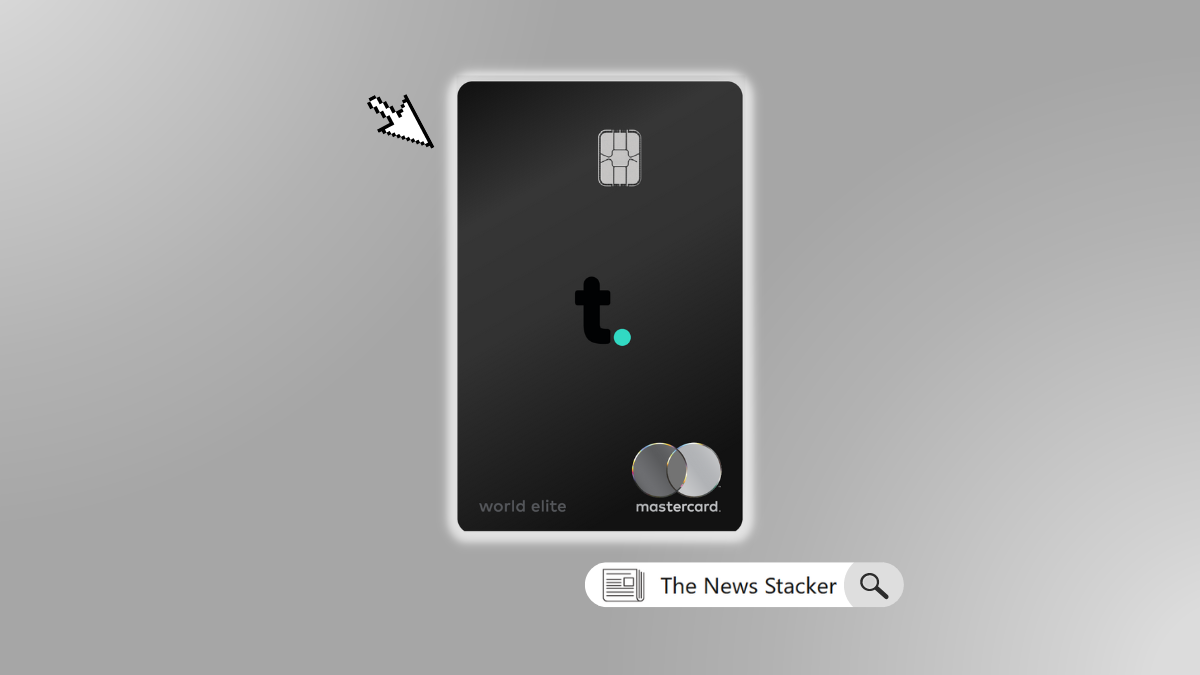
See how to apply for the Tomo Credit Card
Learn how to easily apply for the Tomo Credit Card online and get started on improving your credit score with this innovative product.
Keep Reading
If you’re using Google Chrome you might want to update it now!
Due to a security flaw, Google’s urging all Google Chrome users to update their web browser as soon as possible. See how to do it.
Keep Reading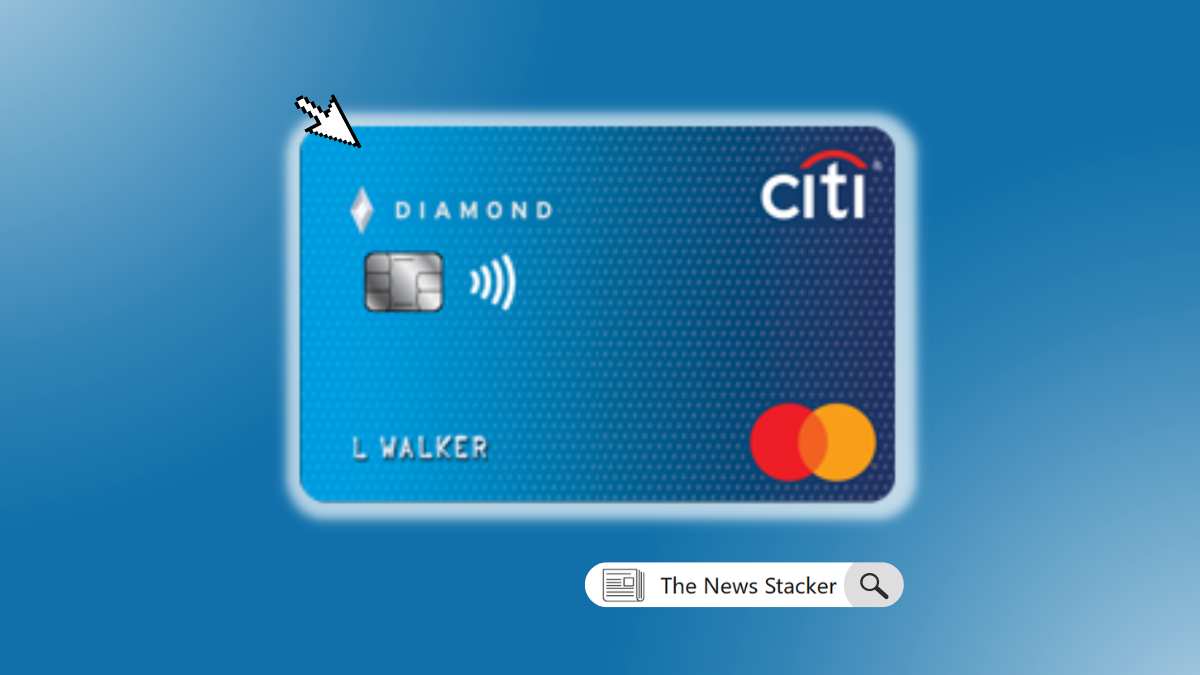
See how to apply for the Citi® Secured Mastercard® Credit Card
Learn how to apply for the Citi® Secured Mastercard®, a secured credit card that can help you rebuild your credit history.
Keep Reading